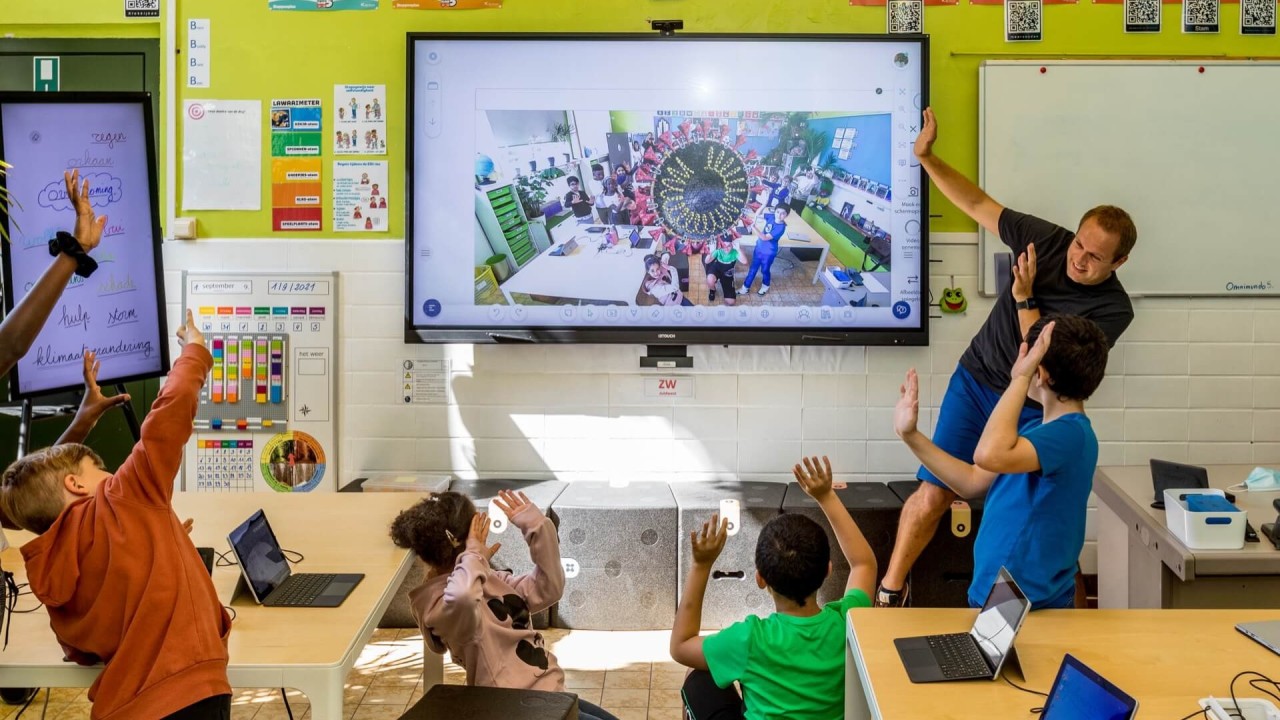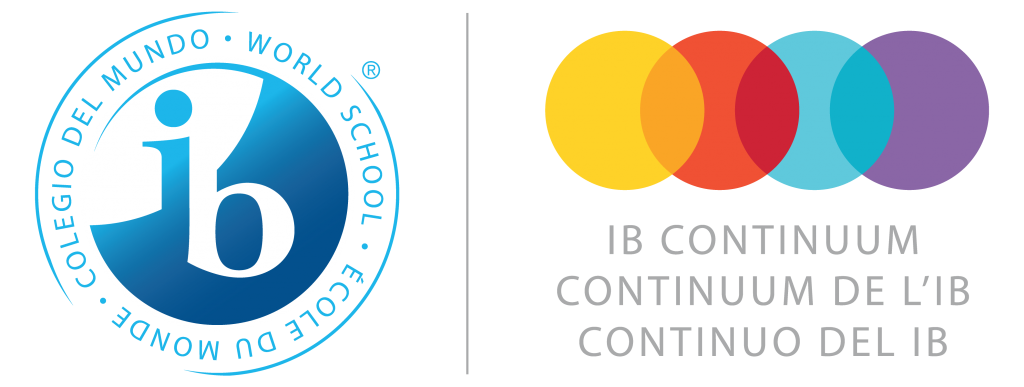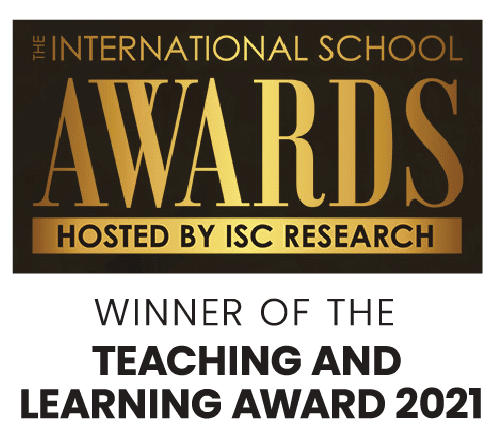Remember those days of zoning out during a lecture, wishing you were anywhere else? We’ve all been there. But learning doesn’t have to feel like a chore. In fact, what if it felt more like… real life?
Let’s step into a Year 9 economics class at Fairview International School, one of the top-rated IB schools in Malaysia. Ms. Taylor walks in expecting the usual Monday morning grogginess. Instead, she’s greeted with excitement. Eyes locked on their screens, her students are navigating the ups and downs of a live stock market simulation—buying, selling, reacting to breaking news, watching their virtual portfolios rise (and crash). They’re strategising, debating risk, and learning what it means to make decisions under pressure.
By the time the bell rings, some are celebrating, others are regrouping. But every student is engaged. They’re not just reading about economic theories—they’re experiencing them. And that makes all the difference.
This is what learning looks like when it’s driven by curiosity and challenge. Across Fairview campuses and IB classrooms in Malaysia, simulations are becoming a powerful tool—bringing energy, relevance, and deeper understanding into subjects across the Primary Years Programme (PYP), Middle Years Programme (MYP), and Diploma Programme (DP).
AI + Simulations = The Future of Learning at IB Schools in Malaysia
Let’s be honest: the future of education isn’t about teachers delivering information—it’s about designing meaningful learning experiences.
At Fairview, one of the most established IB international schools in Malaysia, we imagine a typical lesson schedule getting a serious upgrade:
- Two periods powered by AI – Think smart content, instant feedback, and support tailored to each learner’s pace.
- Two periods powered by simulations – Where learners apply what they’ve studied in real-world-inspired environments.
This combination does more than keep students interested. AI ensures that no student is left behind. Simulations ensure they understand the why behind what they’re learning. And teachers? They become facilitators of adventure—guiding students through immersive challenges that connect knowledge with action.
It’s teaching reimagined—less lecture, more leadership. And it’s the kind of education we believe in, especially in a robust, inquiry-based curriculum like the IB Programme in Malaysia.
No Fancy Tech Required: Simulations You Can Start Using Tomorrow
We get it—educators are busy, and budgets are tight. But here’s the good news: impactful simulation tools don’t have to cost a thing. We’ve rounded up 10 free classroom-ready simulation tools, each aligned to a key subject area and ready for use in IBDP, MYP, or IB Primary Years Programme classrooms.
(And no—we’re not being paid to promote these. They’re just that good.)
🎯 Top 10 Free Simulation Tools for Engaged Learning
- English Language & Literature
Tool: Storyboard That – Free Version
Why it works: Makes classic literature interactive and memorable. - Mathematics
Tool: Investopedia Stock Market Simulator
Why it works: Builds real-world financial literacy while reinforcing data concepts. - Biology
Tool: Biology Corner Virtual Labs
Why it works: Engaging, ethical, and mess-free biology exploration. - Chemistry
Tool: PhET Chemistry Simulations
Why it works: Turns complex theories into visual, hands-on discovery. - Physics
Tool: PhET Physics Simulations
Why it works: Visual learning helps students grasp abstract physics concepts. - History
Tool: Mission US
Why it works: Builds empathy and historical perspective through experience. - Geography
Tool: Stop Disasters!
Why it works: Teaches urban planning and environmental responsibility in action. - Economics
Tool: EconEdLink Simulations
Why it works: Makes supply and demand, trade, and markets understandable and engaging. - Foreign Language
Tool: Duolingo
Why it works: Encourages daily practice through fun, real-life scenarios. - Computer Science
Tool: Code.org
Why it works: Encourages creative thinking and introduces computational logic in a fun way.
💡 The Research Backs It Up
These simulations aren’t just fun—they’re effective. And in top-performing Malaysia IB schools, that matters.
- +23% in problem-solving skills using simulations (Chang et al., 2018)
- +25% boost in understanding economics via stock market games (Faria & Wellington, 2018)
- +20% in cybersecurity problem-solving using simulation tools (Clarke & Koschmann, 2019)
- +18% in anatomy retention through virtual dissections (de Jong et al., 2013)
- +30% gain in empathy and historical understanding through role-play (Endacott & Brooks, 2017)
That’s more than a trend—it’s a transformation.
🌍 Ready to Reimagine Learning?
At Fairview International School, we believe that education should be meaningful, immersive, and future-ready. Our students don’t just memorise facts—they understand them, apply them, and use them to build new ideas.
With AI to support personalised learning and simulations to bring concepts to life, we’re shaping confident learners through our IB Primary Years Programme, IB Middle Years Programme and IB Diploma curriculum—learners who are ready for a rapidly changing world.
The tools are free. The research is compelling. The impact is real.
Are you ready to bring simulation learning to your classroom?
👉 Learn more about Fairview’s International Baccalaureate Program here.
Works Cited
- Chang, C. S., et al. (2018). Exploring the Effects of Interactive Simulation on Students’ Science Learning Outcomes. Computers & Education, 114, 203–213.
- Faria, A. J., & Wellington, W. J. (2018). Simulation Gaming for Economic Education. Simulation & Gaming, 49(2), 115–133.
- de Jong, T., et al. (2013). Using Simulations to Enhance Inquiry-Based Learning in Science. Educational Technology Research and Development, 61(5), 1–18.
- Clarke, M. C., & Koschmann, R. (2019). Collaborative Simulations in K-12 Education. British Journal of Educational Technology, 50(5), 2538–2556.
- Endacott, J. L., & Brooks, S. (2017). Promoting Historical Empathy. Social Studies Research and Practice, 12(2), 139–152.












